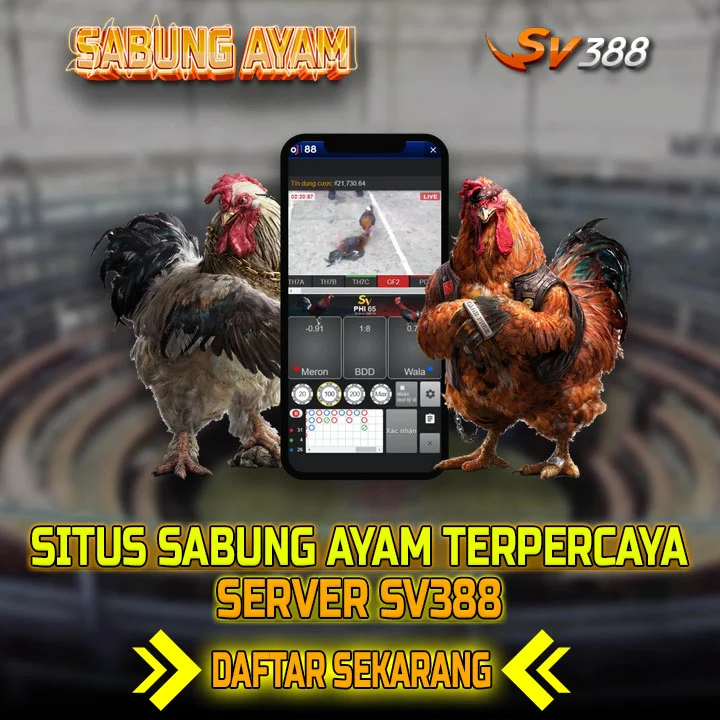1
/
of
1
Sabung Ayam
Sabung Ayam: Situs Daftar Sabung Ayam Online Live Sv388 Terpercaya 2024
Sabung Ayam: Situs Daftar Sabung Ayam Online Live Sv388 Terpercaya 2024
Regular price
Rp 20.000,00 IDR
Regular price
Sale price
Rp 20.000,00 IDR
Unit price
/
per
Couldn't load pickup availability
Sabung ayam adalah salah satu jenis game online yang menggunakan 2 ekor ayam sebagai media permainan. Ditahun 2024 ini, sabung ayam sv388 sudah bisa dimainkan menggunakan android dan dengan metode deposit yang mudah via dana, ovo, qris dan lain sebagainya., diantaranya: Qris, E-wallet, E-money, Transfer bank, Transfer Agen Bank, Pulsa dan lain sebagainya.
Share


